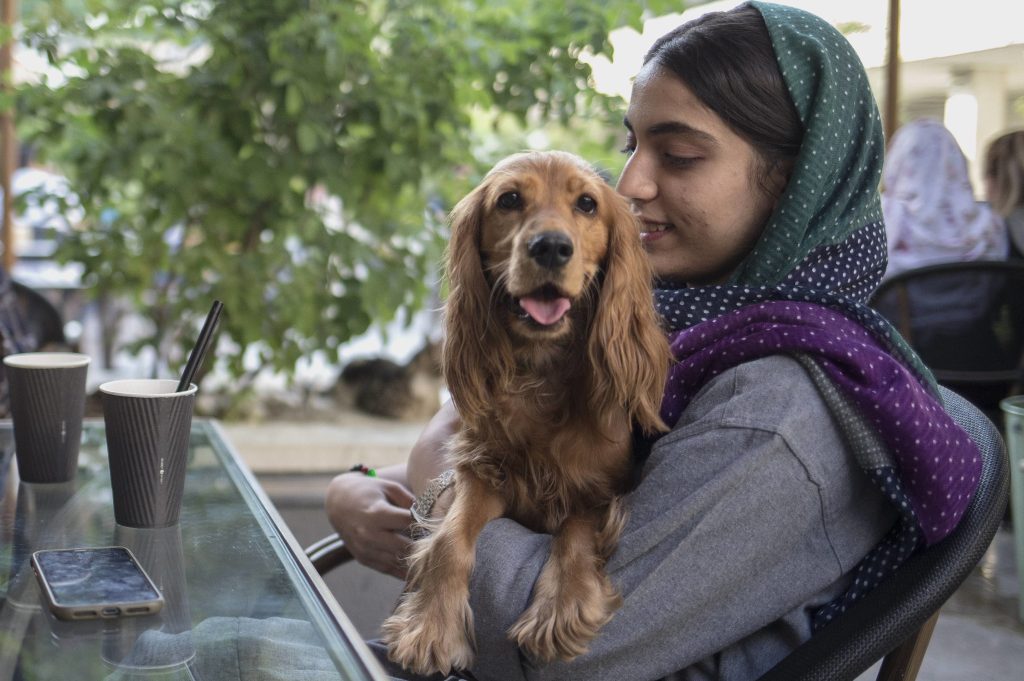Authorities in at least 18 Iranian cities have banned dog walking. The ban includes not only walking pets, but also transporting them in private vehicles.
Iranian laws do not prohibit owning dogs, but in recent years, official Tehran has taken steps that have created significant difficulties for pet owners, the BBC writes.
Since the Islamic Revolution of 1979, Iranian authorities consider dogs to be “unclean” animals, and owning them is one of the symbols of Western influence.
In 2010, the Iranian Ministry of Culture and Islamic Guidance banned advertising products intended for pet owners.
In 2014, members of the Iranian parliament tried to pass a law that would subject people who walk dogs to fines and even a public plaque, but these measures did not receive sufficient support at the time.
In 2019, dog walking was banned in Tehran. The authorities have also ordered the police to confiscate vehicles used to transport pets and to close unlicensed veterinary clinics.
Why Islamic Law Considers Dogs “Unclean”
When speaking about the inadmissibility of owning dogs, Iranian conservatives refer to the concept of “najas”, that is, impurity. At the same time, they recall the words of the Prophet Muhammad that “angels do not enter a house where dogs live” (it seems that this is a question of severe mental disorder, – from the editor of save-animals).
There is also a decree on this issue from Iran’s Supreme Leader Ayatollah Ali Khamenei.
He stated that the practice of keeping dogs is “reprehensible” if the animals are not used for herding, hunting, or guarding. Khamenei added that from the point of view of Islamic law, owning dogs is prohibited (considered haram) if it is done to imitate non-Islamic culture.
In explaining the need for the bans, Iranian authorities claim that they receive complaints from local residents concerned about the stability of social foundations, safety and public health.
However, the number of dog owners is constantly growing, especially among urban youth. Many see this as a form of protest against the Iranian authorities, who are trying to restrict people’s personal freedom.
According to the state-affiliated Borna news agency, one in ten Iranians owns a pet, with dogs and cats being the most popular.
Opponents of the government’s actions, including actor and screenwriter Mehrab Qasemkhani, say the bans could affect the lives of 12 million Iranians. “Have the authors of these regulations thought about the consequences?” Qasemkhani asks on his Instagram. “And whether imposing the personal preferences of a small group on such a large number of people could lead to widespread discontent?”
Despite the restrictions introduced in recent years, authorities do not always enforce them, and many dog owners continue to walk their animals in Tehran and other cities in the country, the AFP agency writes.
Some go on such walks at night and do so in remote areas. Others take their pets in cars to walk them in deserted places.
This behavior (as well as secret parties where people drink alcohol and do not adhere to the Islamic dress code) is an informal protest against the restrictions on personal freedom by the Iranian authorities, the BBC monitoring service notes.
Based on materials from: bbc.com

